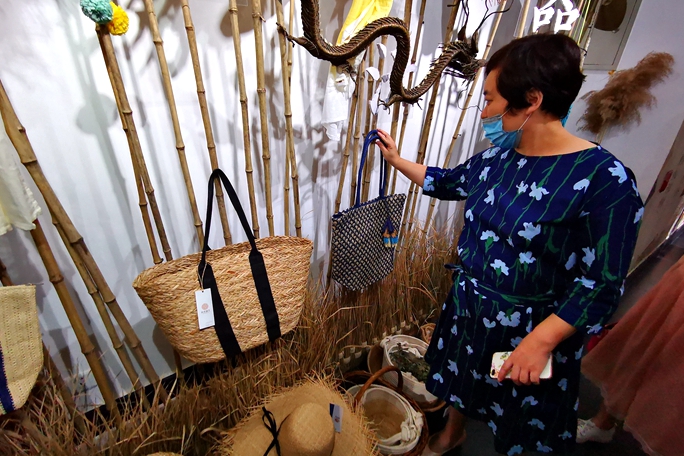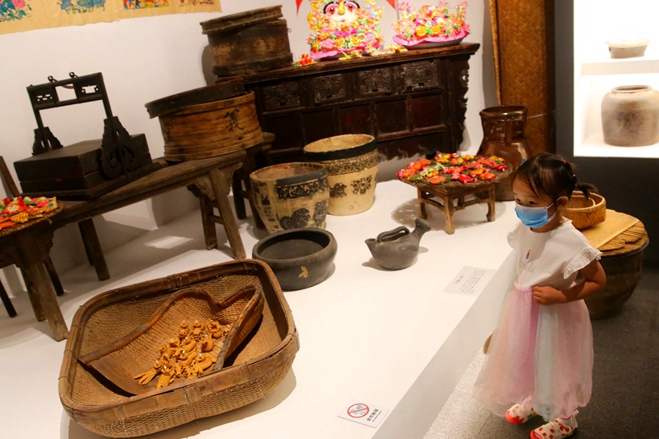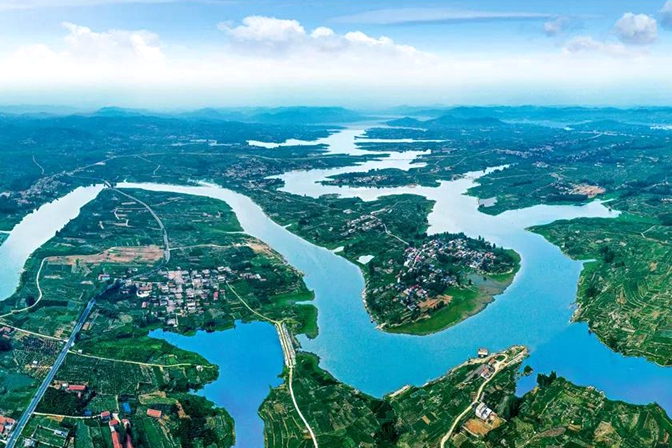43 composers to present classical works at upcoming festival
Composer Ye Xiaogang says 1978 was a special year.
Ye, then 23, came to Beijing and began his studies at the Central Conservatory of Music. He was born in a musicians' family in Shanghai and started learning the piano at age 4. He and some of his peers, including Tan Dun, Zhou Long and Qu Xiaosong, were among the first students to be admitted to the conservatory that year after the "cultural revolution" (1966-76) had ended.
The same year, China initiated its reform and opening-up, which touched different aspects of citizens' lives, including classical music.
Ye, now chairman of the Chinese Musicians' Association and a teacher at the Central Conservatory of Music, has co-initiated the sixth China Symphony Festival - Chinese Symphony in Retrospect, which centers on showcasing the achievements in classical music in China over the past 40 years of economic reforms.
Kicking off on Oct 27 at the Bluthner Grand Theatre in Qingdao, Shandong province, the festival, with nine concerts featuring 46 original music pieces by 43 Chinese composers, will end at the National Center for the Performing Arts in Beijing on Jan 15.
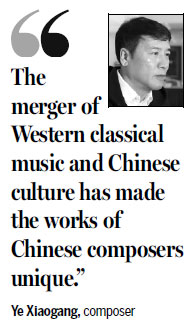
At the opening concert, under the baton of Hu Yongyan, the Shanghai Philharmonic Orchestra will play repertories, including Scent of Green Mango for piano and orchestra by Ye, Fantasies Symphoniques Farewell My Concubine for guzheng (Chinese zither), xiao (Chinese flute), soprano and orchestra by Guan Xia and 1911 Overture for orchestra by Zhou.
Other highlights include bamboo flute concerto No 2 Wild Fire by Guo Wenjing; Passacaglia: Secret of Wind and Birds by Tan; and Red Silk Dance for piano and orchestra by Bright Sheng. Ye's Symphony No 5, Lu Xun, inspired by the late writer Lu Xun, will conclude the festival with a performance by the Suzhou Symphony Orchestra and conducted by Stefan Malzew.
"Western classical music started taking root in China less than 100 years ago and has achieved a lot, especially since the reform and opening-up started," says Ye, 63.
"The works we've selected for the festival document and reflect the changes in the country over the past 40 years."
The originality and creativity of Chinese composers has been among important changes in China's classical music scene in the four decades, according to Ye.
"The merger of Western classical music and Chinese culture has made the works of Chinese composers unique," Ye says.
Chinese composer Guan Xia, 61, the former director of the China National Symphony Orchestra, says the upcoming festival is among the largest on the mainland in terms of both the number of participating composers and music pieces to be presented.
"We discussed the number of Chinese composers who are capable of writing large symphonic works and after listing the names we could think of fewer than 70," he says.
"The upcoming festival will showcase 43 composers. It is a rare opportunity to enjoy their works over a little more than two months," Guan adds.
Guan graduated from the Central Conservatory of Music in 1985. His Symphony No 1, entitled Hu Huan, and Symphony No 2, entitled Hope, both depict his observation of social changes in China.
"Today, Chinese composers, especially from the younger generations, showcase a diversity of music styles through their compositions," says composer Qin Wenchen, a vice-president of the Central Conservatory of Music.
Qin's suona (double-reeded horn) concerto Calling for Phoenix, and violin concerto The Border of Mountains will also be performed at the festival.
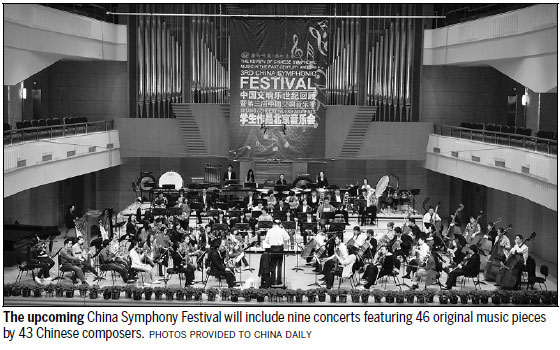
(China Daily 10/16/2018 page20)

 Shandong Culture and Tourism Consumption Season
Shandong Culture and Tourism Consumption Season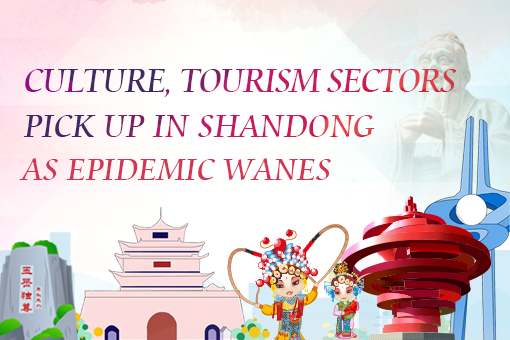 Culture, tourism sectors pick up in Shandong as epidemic wanes
Culture, tourism sectors pick up in Shandong as epidemic wanes